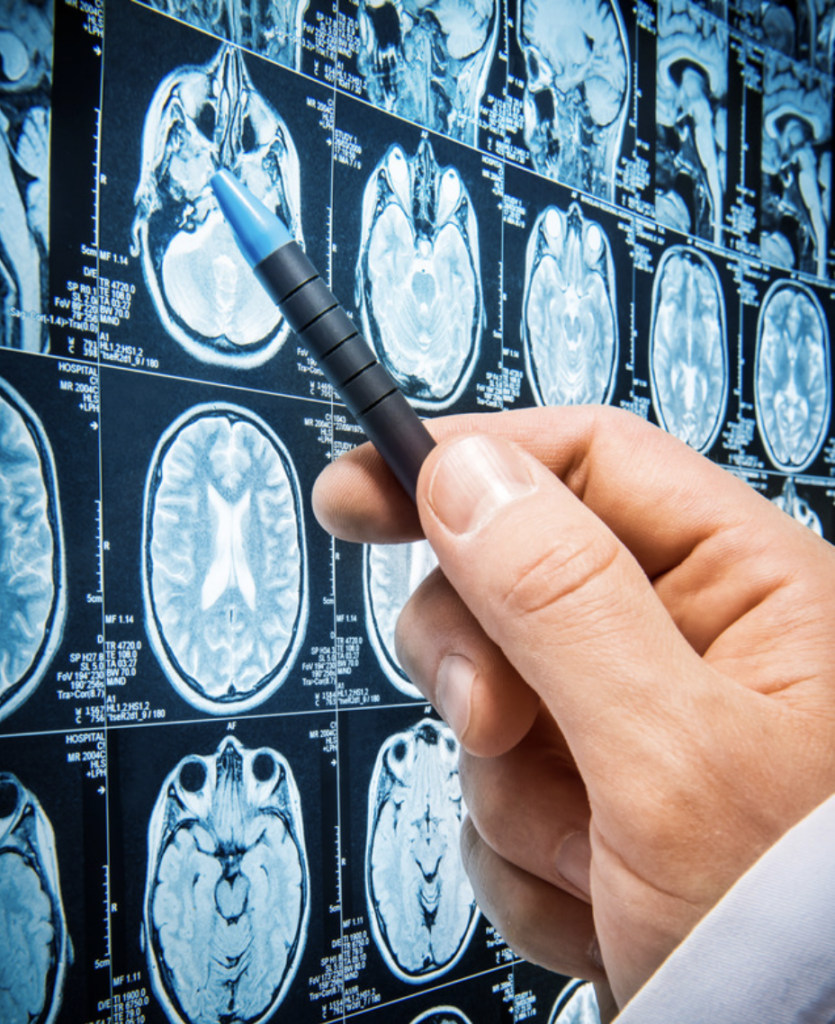If you wonder if a traumatic brain injury (TBI) can affect smell and taste, the answer is yes. For many people, this is an alarming prospect, because smell and taste are important senses in our lives. But for those who suffer a TBI, the loss of these senses is a real phenomenon.
Not only does smell and taste add to our enjoyment of food, but it is also part of our wider sensory system.
You may not think of it, but senses can also warn us of danger. Smell can alert us of smoke, so we know a fire is near. Taste can warn us that certain drinks may be harmful to intake.
Smell and taste can also be tied to emotional responses. They may bring back memories such as smelling homemade cookies made by your mother or the taste of pumpkin lattes enjoyed by so many every fall.
When we breathe, air enters the nose, which triggers nerves, bringing information to the brain. This information is fed to the part of the brain that processes smell.
Brain injury patients can have an injury to the nerves that feed information to the brain to process the sense of smell, or there can be harm to the area of the brain that processes the information.
Smell and taste overlap when it comes to the sensory system. The flavor we taste comes from the nose as the same nerves are triggered. For example, taste receptors on the tongue work with the nerves in the nose to give us the experience of the flavor of the food we eat.
Smell and taste loss can be noted very soon after a TBI. Slowly over time, patients may notice an improvement. If it is not improving, neurologists or Ear, Nose, and Throat Doctors can help patients develop a treatment plan.
Loss of smell and taste can lead to a decrease in appetite. Not only can lead to weight loss, but it also means patients may not be getting essential nutrients needed from food.
On the other hand, some patients experience weight gain because they do not feel satisfied and continue to eat, looking for that satisfaction they used to get from their favorite foods. Patients also sometimes add salt, leading to health problems such as high blood pressure if used in excess.
Loss of smell can also affect hygiene. Sometimes TBI patients forget to shower or change clothes. Without smell, they may not notice if they have body odor that may indicate it is time to take care of hygiene needs.
Providers at brain injury residential facilities recommend some of the following suggestions to help with loss of smell and taste:
Recovery can happen, and symptoms can get better over time. Though inpatient neuro rehab centers may not restore your senses immediately, they can develop a treatment plan that may help over time. It is also important to note that they can help TBI patients with the frustrations and grief accompanying symptoms of a TBI.

At NeuLife, we know that every injury is different, and each patient faces their own set of challenges.
Our comprehensive program addresses the specific needs of each patient and family. The team focuses on maximizing abilities, providing education, increasing mobility, and preventing complications. Our brain injury rehabilitation program includes clinical evaluations, medical care, and therapeutic activities customized to meet each patient's goals, needs, and abilities.
If you have any questions or would like to schedule a tour around our modern, beautifully situated on 43 acres in Mount Dora, Florida, patient-friendly facility, please do contact us – we are looking forward to seeing you!
The material contained on this site is for informational purposes only and DOES NOT CONSTITUTE THE PROVIDING OF MEDICAL ADVICE, and is not intended to be a substitute for independent professional medical judgment, advice, diagnosis, or treatment. Always seek the advice of your physician or other qualified healthcare providers with any questions or concerns you may have regarding your health.

We know that choosing the next step in your recovery from a catastrophic illness or injury is complex. Together, we can help you take the next step.
Contact us with any questions today.